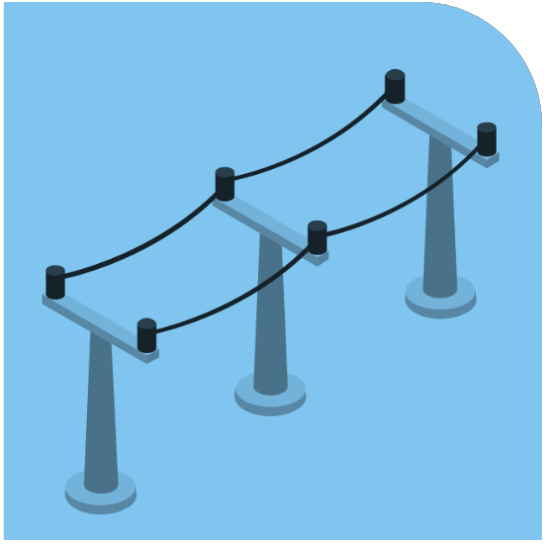
“IWMI’s SoLAR project facilitates us to set up grid connections for distributed generation and a reliable power supply”
Nepal Electricity Authority (NEA) is the sole electricity distributor in Nepal. Its goal is to generate, transmit and distribute electricity to different consumers all over Nepal. The generation of electricity in Nepal is season-specific. In the wet season, power generation from existing hydro can fulfill the demand. In contrast, in the dry season, NEA has to buy electricity via cross-border trading from India to meet its domestic market. So, in the dry season, renewable energy like solar, and particularly grid-connected solar, plays a crucial role. IWMI’s SoLAR project facilitates us to set up grid connections for distributed generation and a reliable power supply. Also, the surplus solar power can return to the grid via net metering provision.
|

|
